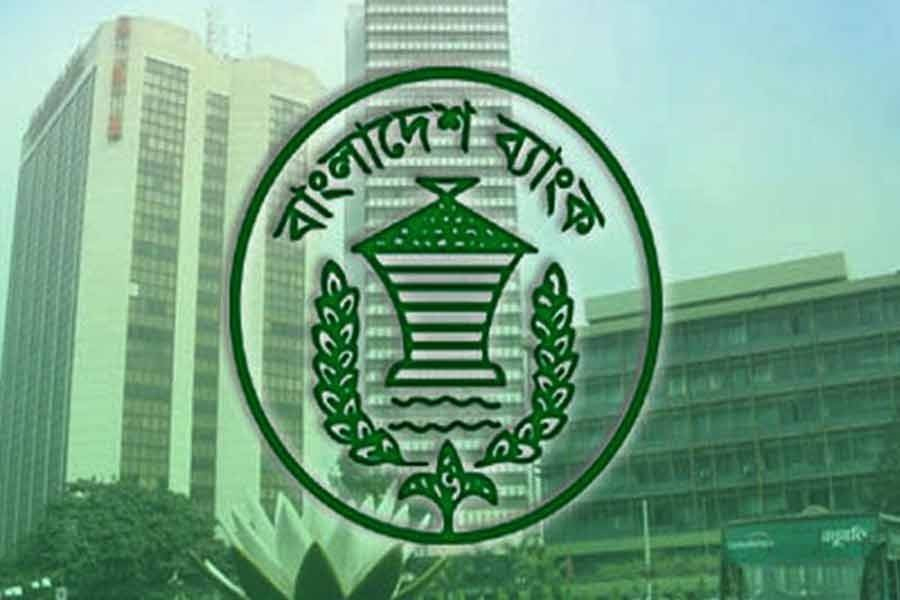
Published :
Updated :

The central bank of late is talking loudly about the impending reform of the country's banking sector, which has been long overdue.
Bangladesh Bank governor Abdur Rauf Talukder during a meeting with the managing directors of banks in Dhaka on Wednesday talked tough and advised the latter to be prepared for harsh reforms.
Why is there a sudden change in the BB's mood?
As reported in a section of the media, the BB governor addressing the bank MDs explained the reasons for being serious about banking sector reforms." Since there is a specific commitment in the election manifesto to carry out reforms in the banking sector, we need to implement that. There is no political pressure on us. In the event of their failure to improve their financial health, the weak banks will be merged with other banks", the BB governor was quoted as saying in a vernacular business newspaper.
Mr Talukder told the meeting that about 40 out of 61 banks were performing well and the rest will face mergers with other banks.
The governor's statement highlights one basic weakness that the central bank has been demonstrating year after year. Despite having all the powers under the relevant laws, the men who presided over this regulatory body failed to gather enough courage to make independent decisions in matters of giving licences to new banks, regulating errant banks and ensuring good governance in the banking sector. The central bank is not supposed to be guided by the electoral manifesto of any government. By the law, disciplining the entire financial sector is its basic responsibility.
The BB government has listed 21 banks as weak. The number could be a little bit more. A rigorous check on the financial health of all banks might help get the actual number of candidates for merger or other appropriate measures.
The central bank reportedly has finalised 17 action plans to ensure reforms and good governance in the banking sector. A tough ask, no doubt, for the rot has gone too deep. The central bank has more or less preferred to be an onlooker when a section of borrowers plundered the resources of banks. Taking advantage of regulatory slackness, the delinquent borrowers have become hardened defaulters over the years.
Mergers might help solve an all-engulfing problem partially. To give the most important signal that the BB is serious about reform, tough measures need to be initiated to get back banks' money from top defaulters, who had deliberately withheld loan repayments taking recourse to various mechanisms, including loan rescheduling and structured loan facilities, using their political connections.
The BB governor reportedly asked the MDs of banks to examine the issues of merger of financially weak banks with strong ones. Technically, the governor is right in his approach as MDs are responsible for all financial, and operational matters of banks. But the fact remains that all powers lie with the bank boards. In many cases, sponsor directors of banks have political links which had helped them get bank licences. One cannot dismiss their power and influence. These people are likely to oppose tooth and nail any merger move. The members of the bank boards will be unwilling to part with the financial power and authority they have been enjoying.
The Farmers' Bank, now Padma Bank, is a case in point. This bank proved itself a strong candidate for so-called M&A. But it did not happen. Some state-owned scheduled banks and investment entities were forced to put in a big amount of money to save the sinking Farmer's Bank. But the bank is yet to come out of the woods.
Merger does happen when a relatively strong enterprise makes all its assessments of the outcome and agrees to be a part of the process. It cannot be thrust upon unwilling partners.
In Bangladesh's situation, a merger could prove a difficult task. Merger should be the last step under the BB's action plans. Getting back the banks' funds from top defaulters, schemers and scammers and resisting political interference in bank management and loan issues remain the central bank's priority tasks.


 For all latest news, follow The Financial Express Google News channel.
For all latest news, follow The Financial Express Google News channel.